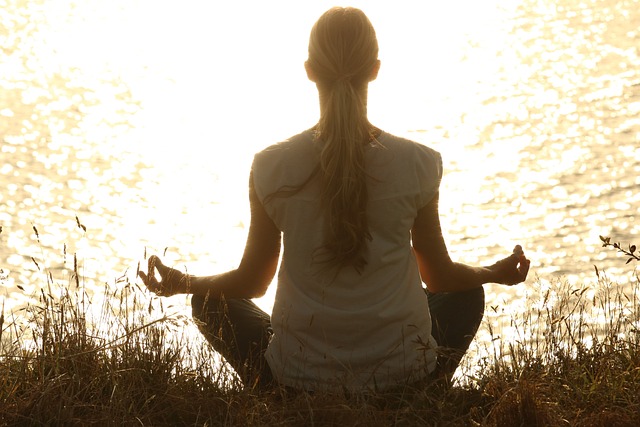
Depression is a widespread mental health condition that affects millions of people worldwide. While conventional treatments like therapy and medication can be highly effective, many individuals seek natural remedies for depression to complement their treatment plans. If you’re looking for holistic approaches to mental health, this guide will explore herbal remedies for depression, lifestyle changes, and self-help strategies that can support emotional well-being.
Understanding Depression
Depression is more than just feeling sad—it can lead to persistent low energy, changes in appetite, trouble sleeping, and loss of interest in activities you once enjoyed. It’s important to remember that seeking help is a sign of strength, and a holistic approach to mental health can be a valuable part of your healing journey.
Herbal Remedies for Depression 🌱
Certain herbs have been used for centuries to support mood and mental health. While research is ongoing, many people report positive effects from these natural treatments:
1. St. John’s Wort
One of the most well-known herbs for depression, St. John’s Wort has been studied for its ability to help with mild to moderate depression. However, it can interact with medications, so consult a healthcare provider before use.
2. Ashwagandha
This adaptogenic herb helps the body manage stress, reduces cortisol levels, and promotes relaxation—making it one of the most effective natural remedies for depression and anxiety.
3. Rhodiola Rosea
Known to enhance mood and reduce fatigue, Rhodiola Rosea is a powerful herb for boosting emotional resilience and managing stress-related depression.
4. Saffron
Studies suggest that saffron may be effective in improving mood and reducing depressive symptoms, making it a unique home remedy for depression.
5. Chamomile
Chamomile tea is known for its calming effects, helping to ease stress and promote better sleep—both essential for mental health.
Lifestyle Changes to Support Mental Health 🌞
Alongside herbal remedies for depression, making lifestyle adjustments can have a profound impact on emotional well-being:
✅ Exercise Regularly
Physical activity releases endorphins, also known as “feel-good” hormones, that help lift your mood. Even a daily walk can make a difference!
✅ Get Enough Sunlight
Exposure to sunlight increases vitamin D levels, which play a crucial role in mental health. Try to spend at least 20 minutes outdoors each day.
✅ Practice Mindfulness and Meditation
Holistic approaches to mental health often emphasize mindfulness, deep breathing, and meditation to reduce stress and improve emotional resilience.
✅ Eat a Balanced Diet
A nutrient-rich diet with omega-3 fatty acids, leafy greens, and whole grains can support brain health and improve mood.
✅ Prioritize Sleep
Lack of sleep can make depression symptoms worse. Aim for 7-9 hours of quality sleep each night to support mental and emotional well-being.
Depression Self-Help Strategies 🧘♂️
- Journaling: Writing down your thoughts and feelings can help you process emotions and track progress.
- Social Connection: Stay connected with loved ones, even if it’s just a phone call or a short visit.
- Aromatherapy: Essential oils like lavender, bergamot, and frankincense can have calming effects.
- Limiting Caffeine & Alcohol: Reducing stimulants and depressants can help maintain a stable mood.
Final Thoughts
While natural treatments for depression can be helpful, they are not a substitute for professional medical advice. If you’re struggling with depression, consult a doctor or mental health professional for personalized support.
Medical Disclaimer:
This blog post is for informational purposes only and should not be considered medical advice. If you have symptoms of depression, consult a healthcare provider before making any changes to your treatment plan.
Herbal remedies for depression, natural treatments for depression, home remedies for depression, depression self-help strategies, holistic approaches to mental health, natural ways to treat depression, mood-boosting herbs, alternative depression treatments, mental health self-care, emotional well-being tips
